冬至,又称日南至、冬节、亚岁等,兼具自然与人文两大内涵,既是二十四节气中一个重要的节气,也是中国民间的传统祭祖节日。
本期邀请商英2306班的张讯作为说书人,带我们一同探寻”冬至“的世界。
蒲公“英”说书人
大家好,我是来自商英2306班的张迅。爱好唱歌、跳舞和弹钢琴。现担任商英2306班班长,曾多次参加献血志愿者等活动。
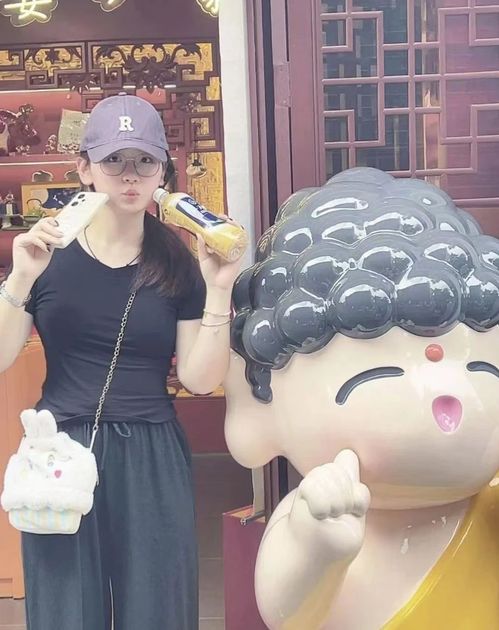
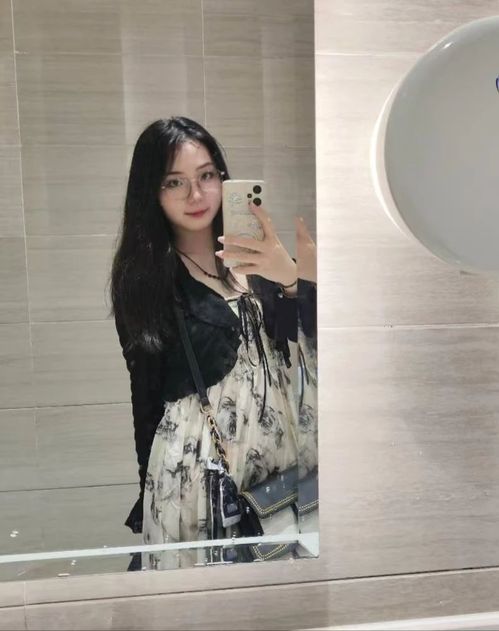
原文
The traditional Chinese lunar calendar divides the year into 24 solar terms. Winter Solstice, the 22nd solar terms of the year
On the first day of Winter Solstice, the Northern Hemisphere experiences the shortest day and the longest night in the year, as the sun shines directly at the Tropic of Capricorn. From then on, the days become longer, and nights become shorter. The Winter Solstice also marks the arrival of the coldest season in the year.
There was a saying in ancient China, “The Winter Solstice is as significant as the Spring festival.” As early as the Zhou Dynasty, People worshipped the gods on the first day of the Winter Solstice, which also was the first day of the new year. The Winter Solstice became a winter festival during the Han Dynasty. The celebratory activities were officially organized. On this day, both officials and common people would have a rest. During subsequent dynasties such as the Dang, Song, Qing dynasties, the Winter Solstice was a day to offer sacrifices to Heaven and to ancestors.
When midwinter arrives, vital movement begins to decline and calm down. In this period, eating an appropriate amount of nuts, such as peanuts, walnuts, chestnuts, hazelnuts and almonds, is good for one’s body.
Traditional Chinese medical science teaches that the quality of a nut is tepidity, and most nuts have the function of nourishing the kidneys and strengthening the brain and heart.
During Winter Solstice in North China, eating dumplings is essential to the festival. There is a saying that goes “Have dumplings on the first day of Winter Solstice and noodles on the first day of Summer Solstice.”
People in Suzhou, Jiangsu province, are accustomed to eating wontons in midwinter. According to legend, during the midwinter feast, 2500 years ago, the king of Wu was disgusted with all kinds of costly foods and wanted to eat something different. Then, the beauty Xishi came into the kitchen to make “wontons” to honor king's wish. He ate a lot and liked the food very much. To commemorate Xishi, the people of Suzhou made wontons the official food to celebrate the festival.
In places such as Shanghai, people eat tangyuan, a kind of stuffed small dumpling ball made of glutinous rice flour, to celebrate Winter Solstice.
In Yinchuan, Ningxia Hui autonomous region, people call midwinter the “Ghost Festival.” On that day, it is customary for people there to drink mutton and vermicalli soup and eat the dumplings in the soup. They give the midwinter soup a strange name-“brain”-and share it with their neighbors .
During the Winter Solstice, Hangzhou residents traditionally eat rice cakes. In the past, before the approach of the winter solstice, every household would make the cakes to worship their ancestors or use as gifts for relatives and friends.Today,though fewer families eat homemade cakes. People there still buy rice cakes for the Winter Solstice Festival.
In some regions south of the Yangtze River on the first day of Winter Solstice, the whole family gets together to have a meal made of red bean and glutinous rise to drive away ghosts and other evil things.

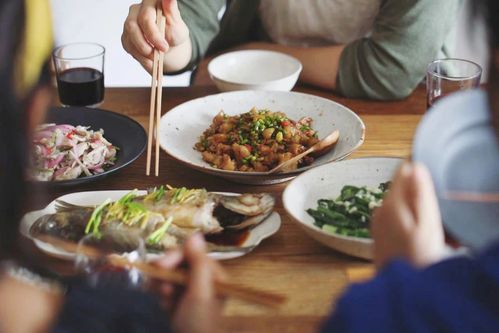
本文摘自China Daily
译文
中国传统农历将一年分为24个节气。冬至是一年中的第22个节气,
冬至第一天太阳直射南回归线,北半球经历了一年中最短的白天和最长的夜晚。从那时起,白天变长,夜晚变短。冬至也标志着一年中最寒冷季节的到来。
中国古代有“冬至大如年”的说法。早在周朝,人们就在冬至的第一天祭祀神灵,这一天也是新年的第一天,到了汉朝,冬至,成为一个冬季节日。庆祝活动有官方组织。在这一天,官员和平民都会休息。在随后的朝代,如唐朝,宋朝和清朝,冬至都是祭天河祭祖的日子。
冬至时节,生命活动开始衰微,平和。在这个时期,适量吃些坚果,如花生、核桃、栗子、榛子、杏仁等,对身体有好处,中医认为,坚果的特质是不温不火,大多数坚果都有滋阴补肾、健脑强心的作用。
在中国北方的冬至节,吃饺子是必不可少的。俗话说“冬至吃饺子,夏至吃面”。
江苏苏州人有冬至吃馄饨的习惯,相传在2500年前的冬至宴上,西周春秋时期的吴王嫌弃各种昂贵的食物,想吃点与众不同的东西。于是,美女西施走进厨房,做了“馄饨”来满足武皇的愿望,国王吃了很多,非常喜欢这种食物。为了纪念西施,苏州人把馄饨作为庆祝节日的官方食品。
在上海等地,人们吃“汤圆”来庆祝冬至“汤圆”是一种用糯米粉做成的有馅小球。
在宁夏回族自治区银川市,人们把仲冬节称为“鬼节”。这一天当地人有喝羊肉粉丝汤、吃汤圆的习俗。他们给冬至汤起了一个奇怪的名字—“脑子”,并于邻居分享。
冬至这天,杭州人有吃米糕的传统。过去在冬至来临之前,家家户户都会做米糕,用来祭祀祖先和馈赠亲友。如今,虽然吃自制糕点的家庭越来越少,但人们仍然为买米糕过冬至节。
在长江以南的一些地区,冬至的第一天,全家人都要聚在一起吃红豆糯米饭,以驱鬼避邪。
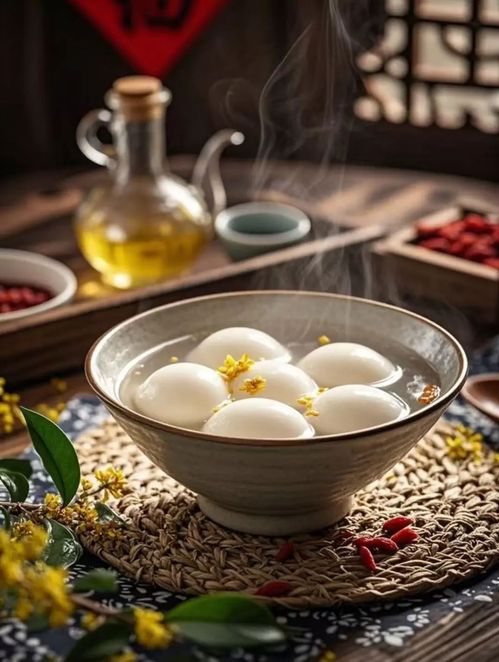
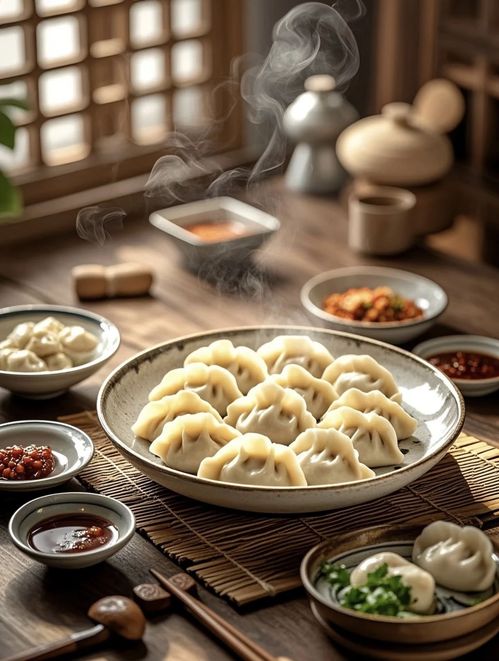
问答互动
1. 冬至时,中国哪个古代朝代开始将其视为一个冬季节日,并正式组织庆祝活动? A. 商朝 B. 周朝 C. 汉朝 D. 秦朝 2. 在长江以南的一些地区,冬至的第一天,全家人都要聚在一起吃什么食物,以驱鬼辟邪? A. 汤圆 B. 饺子 C. 红豆糯米饭 D. 粽子




